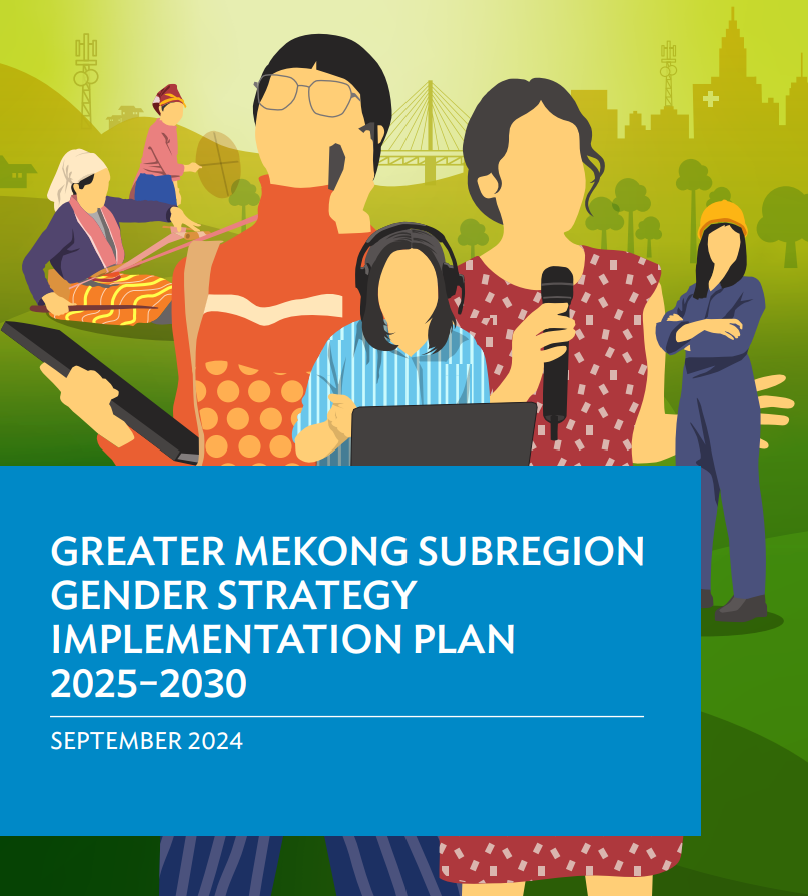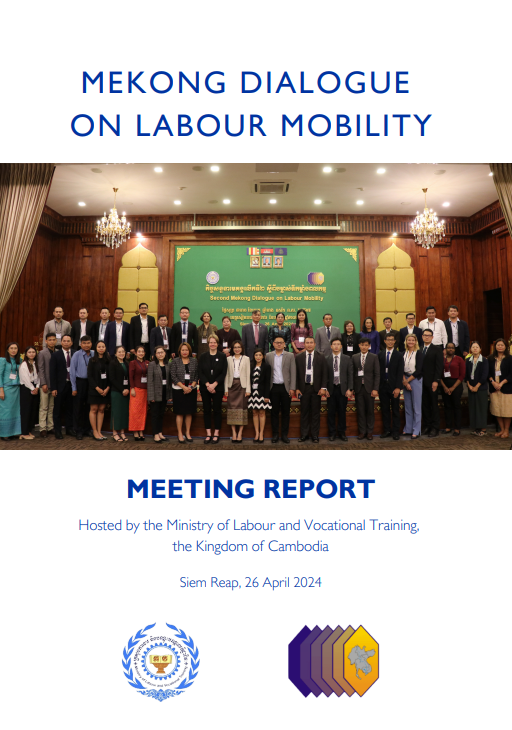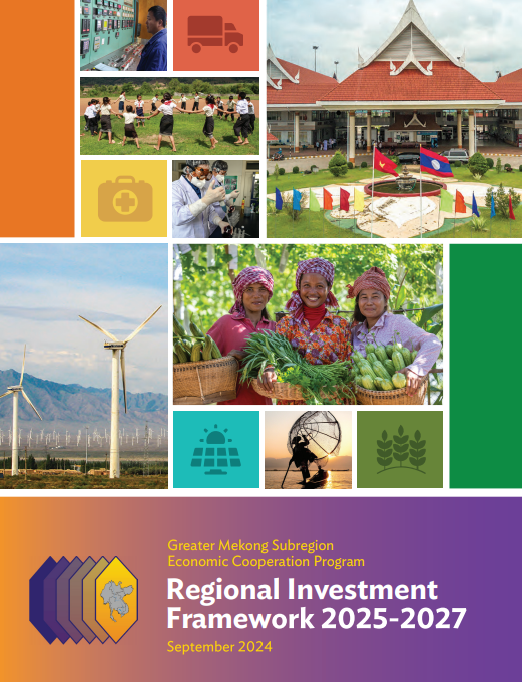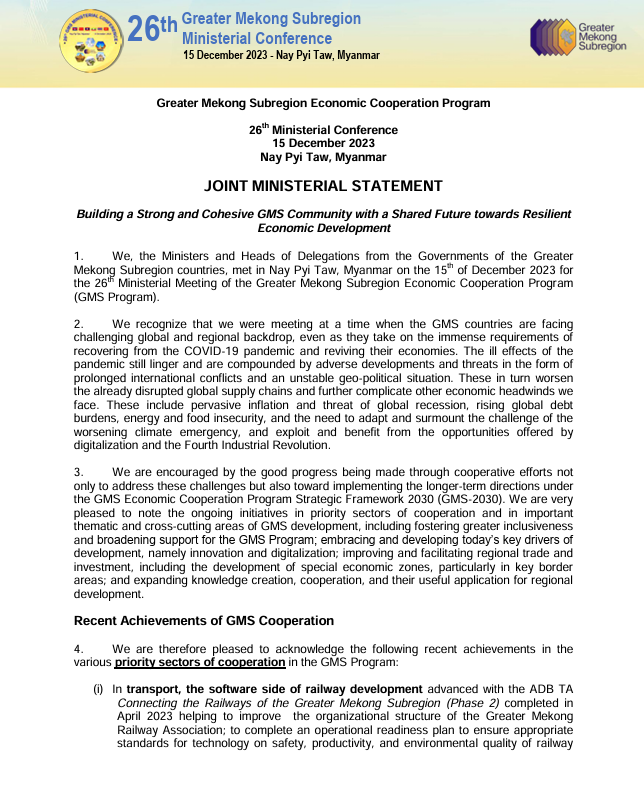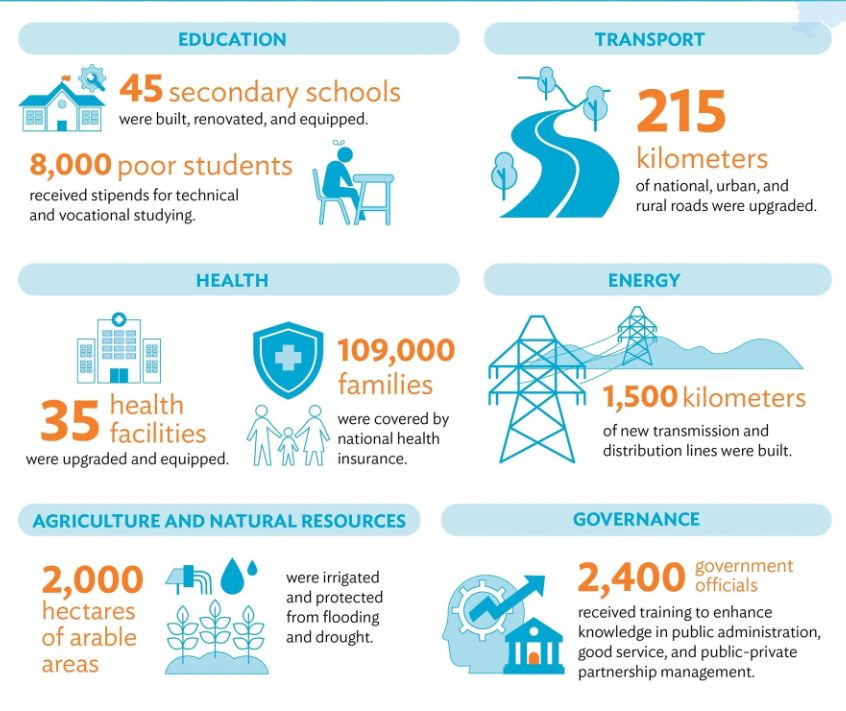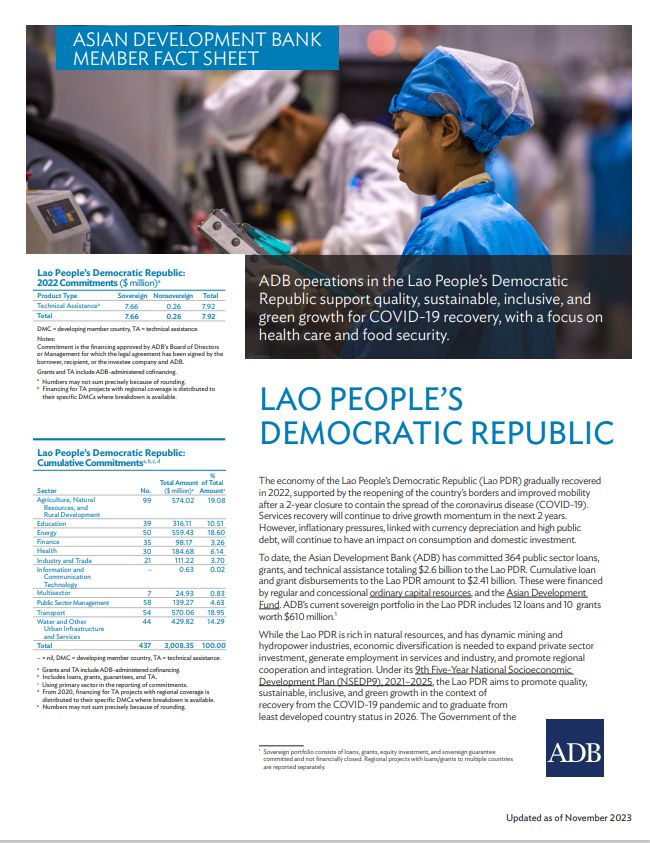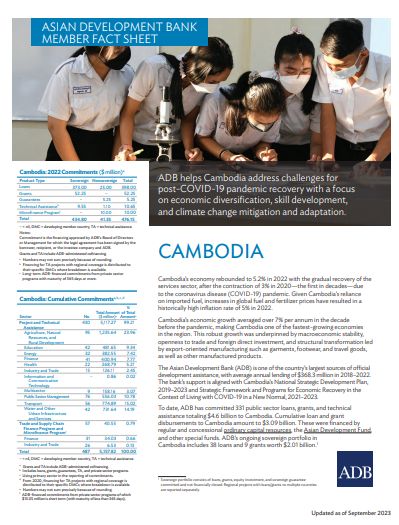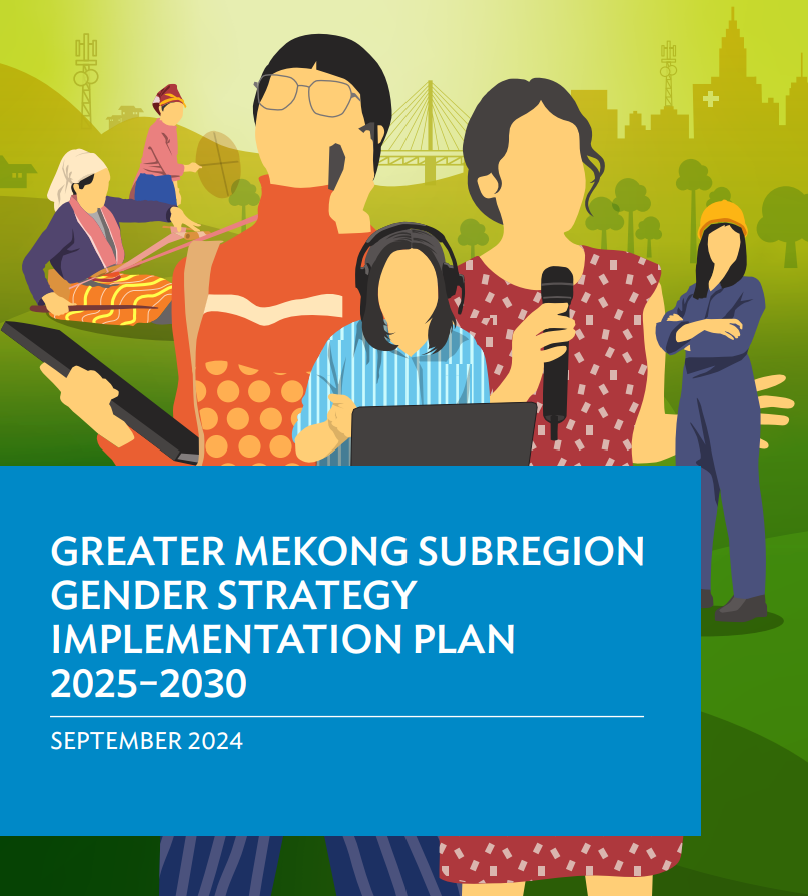
The Greater Mekong Subregion Gender Strategy Implementation Plan 2025-2030
This report shows how improving gender mainstreaming via the Greater Mekong Subregion Economic Cooperation Program Strategic Framework 2030 (GMS-2030) can bolster inclusivity and ensure women benefit equally from regional cooperation initiatives.

